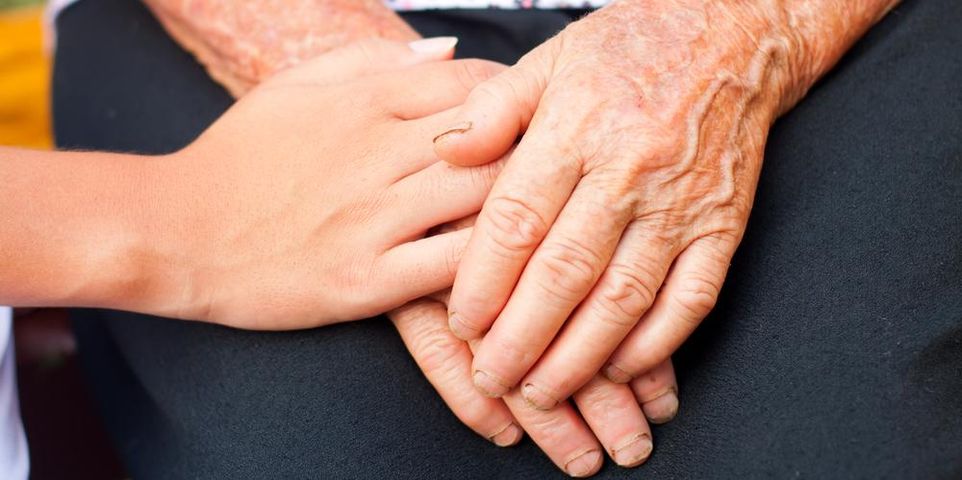Coping with the Stress of Being a Long Distance Caregiver

Being a caregiver can be an emotional challenge. When you’re located a long distance away from your loved one, though, those feelings are magnified tenfold. What is the best way to cope with this unique sort of stress? The compassionate elderly care professionals at Deer Valley Home Health Services of St. Louis, MO, recognize the complexities of this important subject. They have some valuable suggestions to help navigate these tricky waters.
How to Handle Long-Distance Caregiver Stress
 1. Trust Someone Nearby
1. Trust Someone Nearby
Part of being a responsible caregiver is knowing when to hand the reigns to someone else in the event that you aren’t present. Ideally, this person already knows your loved one, is familiar with their needs, and is reliable enough to be there when they say they will. By having someone nearby who you know has your loved one’s best interests at heart, you can breathe a little easier.
2. Stay in Touch
Many long-distance caregivers experience guilt over not being physically present every day. You can ease those feelings and still provide care for your loved one by staying in regular touch. Make it a point to call often, or schedule video chats so you can see each other. You’ll find this helps strengthen the bond, and it will also give your loved one something to anticipate.
3. Find Support Systems
Outside of a trusted family member, friend, or neighbor, there are many social services that offer support your loved one may need. Meal delivery agencies can provide hot, nourishing meals. Religious organizations may offer comfort in times of difficulty. Senior centers offer a wide range of activities and may be a good option for seniors who could benefit from extra companionship.
4. Establish Solid Boundaries
Another part of being a strong long-distance caregiver is knowing when to take care of yourself. Establishing strong boundaries separates the fine line between you and your loved one. While they may rely on you for many types of support, it helps no one if it comes at the expense of your own health. It’s OK to say no if you have to, and it’s more than OK to put your own needs first — after all, you can’t help someone if you’re exhausted and burned out.
5. Stay in Control
Simply being organized can help you feel more in control of the situation, even from afar. It may help you feel better connected to your loved one if you are familiar with their medications, daily routine, and any changes in behavior. This is important information that will help you when you go visit them, and it will also ensure you stay involved in their care program.
Ultimately, it’s important to approach elderly care with a clear mind. It’s not easy, but with support and even the assistance of a home health care provider, you can more ably handle the stress of being a caregiver. To learn more about arranging nurse visits for your loved one, visit the Deer Valley Home Health Services website, or call them at (314) 355-3679.
About the Business
Have a question? Ask the experts!
Send your question

